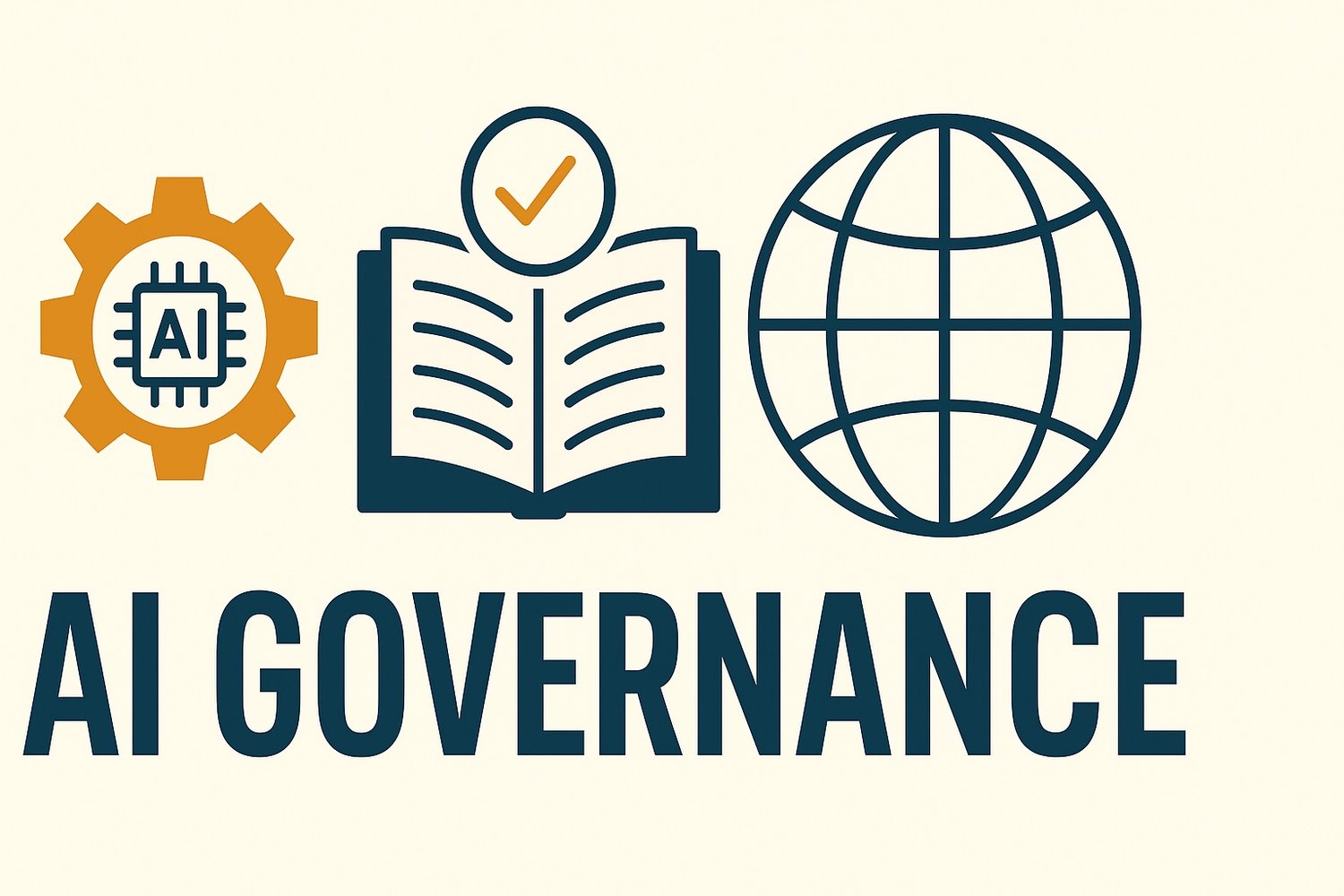
AI Governance: Laying the Foundation for Trustworthy AI
As artificial intelligence technologies evolve, so does the need for strong AI governance to ensure these systems operate transparently, ethically, and in alignment with both organizational goals and regulatory expectations. Without proper governance, AI can pose significant risks—including bias, security breaches, and unintended decision-making outcomes.
Effective AI governance integrates policy development, ethical oversight, risk management, and performance monitoring. It establishes accountability at every stage of the AI lifecycle, from data collection to model deployment and post-launch evaluation. This holistic approach helps organizations build trust with stakeholders, demonstrate regulatory compliance, and scale AI responsibly.
Many companies struggle to develop these governance structures internally due to resource constraints or lack of expertise. That’s where solutions like the AI governance ISO 42001 Toolkit become invaluable. This toolkit provides customizable templates and documentation aligned with the ISO 42001 standard—offering a practical roadmap for developing a strong AI governance program.
Ultimately, AI governance isn’t just about managing risks—it’s about setting a foundation for sustainable innovation. Organizations that invest in it today will be better positioned to harness AI’s full potential while staying aligned with societal expectations and regulatory demands.
